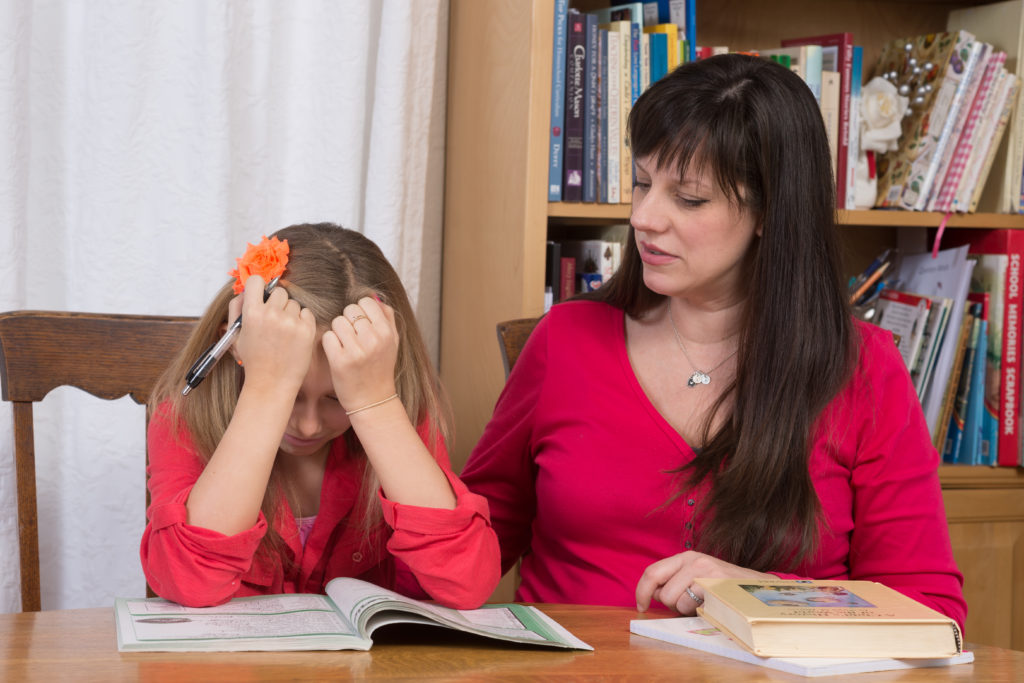
Most symptoms of concussion, mild traumatic brain injury, will resolve on their own in 7-10 days. When symptoms continue longer than that period of time, an individual is then dealing with PCS – an acronym for Post-Concussion Syndrome (which may also be called Persistent Concussion Symptoms OR Prolonged Concussion Symptoms). Whichever way you want to call it, approximately 30% of all concussion patients deal with long-standing symptoms from their concussion.
PCS is a difficult illness for people to understand because it is an “invisible injury” where only the person dealing with it is aware of the symptoms – he or she does not have any outward problems, such as casts or bandages or obvious signs of impairment. However, the individual will continue to complain of some (or all) of their concussion symptoms including dizziness, fatigue, blurred vision, clumsiness, difficulty concentrating, headaches, etc.. Without proper care, these symptoms will linger for months, even years, after the concussion occurred. Adults and children with PCS experience a significant change in their lives, including difficulty or inability to work or go to school, inability to participate in sports and social activities, and withdrawing from family and friends.
There is some speculation that females and older adults are at a higher risk for developing PCS. In addition, a history of migraines, prior concussions, anxiety disorder and ADHD may contribute to a prolonged recovery time following a concussion.
Post-concussion syndrome can be attributed to 5 potential root causes including:
It is important to note that medication will not work for most (not all) of these root causes. The best proven treatment for post-concussion syndrome is rehabilitation. Seeing a concussion specialist at 7-10 days following a concussion is the best way to treat concussion symptoms and return to all of your normal activities!
If you think you or someone that you know is struggling with post-concussion syndrome, we are always here to help answer your questions and guide you toward proper care for yourself or your loved one.